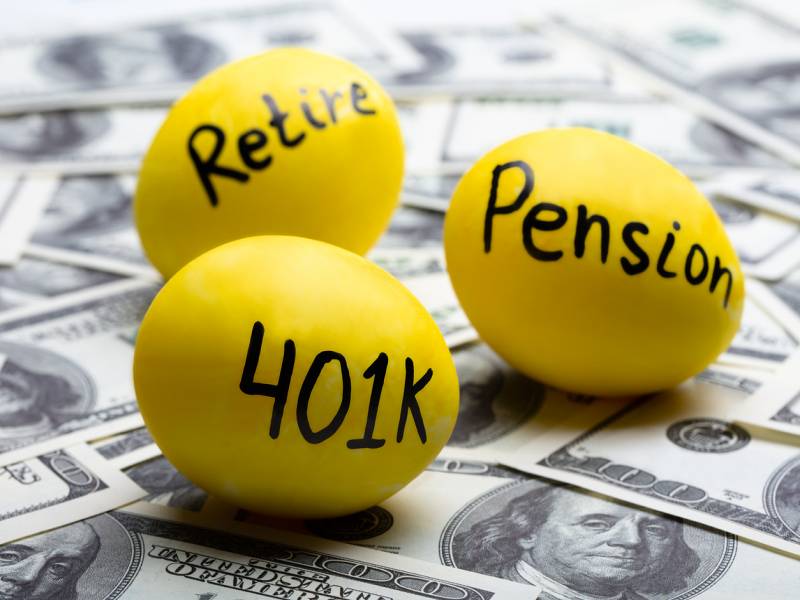
Rise of the 401(k) and How it Affects Your Retirement
Everybody wants to retire someday. There are many financial options for retirement planning and most of these are done individually, like saving money, making investments or working with financial advisors. Employers do often provide retirement plans, and two of the most common types are pensions and 401(k)s. These are both useful resources for retirement planning, but they function very differently and they're not available to everyone.
The Basics of a 401(k)
A 401(k) works like a savings account, according to Investopedia. Usually provided by an employer, you have the option to contribute a portion of your paycheck to that account tax-free. That money is then invested in the stock market through the company that holds the 401(k) account. The money is subject to market forces and a downturn or recession can erase your savings.
Some employers offer a match: when you add money to your account, the employer adds the same amount up to a certain point. This money becomes accessible when you retire.
The Basics of a Pension
In a pension, an employer pays retired employees a fixed amount, like a small paycheck. The amount is determined by the years of work in the company, and employees are usually only eligible for it after a certain number of years. Most pensions are also backed by the Pension Benefit Guaranty Corporation, so even if the employer goes under, the pension is preserved for the recipients.
The Decline of Pensions
Pensions are more beneficial to the receiver because the money is steadier, it's guaranteed and the financial responsibility lies with the company, not the recipient. These obligations, both the responsibility and the financial burden to the company, have contributed to a decline in pensions over the years.
According to the risk management company Willis Towers Watson, 59 percent of Fortune 500 companies offered pensions to employees in 1998. That has decreased to 14 percent in 2019. This is in part because of increasingly mobile workforces and the tendency for people to change jobs, but also because the obligation and cost to companies is high. It's much easier for them to put responsibility on the employee. So, unless you're working in a government job, chances are you won't have a pension.
Max Your Match
If you've got a 401(k), the risk and responsibility is on you. So how do make the most of what you've got?One way is to maximize the match. If your company offers a 401(k) match, take advantage of that. This is usually done in percentages: if you contribute a percentage of your paycheck to the account, the company matches up to a certain percent. In a 5 percent match, you'd put in 5 percent of your $40,000 salary, $2,000, and your company will put in another $2,000. The numbers and limits vary from company to company.
Taxes
You should also consider other types of retirement accounts and their tax policies. There are different tax rules for 401(k) and Roth accounts. In a 401(k), the money is taxed when it comes out of the account, when you are using it in retirement. In a Roth, the money is taxed when it goes in. Depending on your plans and what your company offers, different tax options might be right for you.
Consult an Expert
Retirement requires a lot of planning and responsibility, and there are many risks and pitfalls. If you want to learn about your options, talk to an expert.